The principles of Chinese Medicine tell us that a human being comes into the world with Pre-Natal Jing (Pre-Birth Life Essence) and Post-Natal Jing (Post-Birth Acquired Essence). Pre-Natal Jing determines the individual’s constitution basis, strength, vitality and its amount is finite; which means that we can’t choose what kind of genetics we get from our parents as well as ancestors, and what amount of “good” Essence we possess. Post-Natal Jing comes from us eating food, drinking fluid and breathing air, which our Spleen, Stomach and Lungs extract as well as refine the Essence of food, fluid and air for its creation. In contrast to Pre-Natal Jing, Post-Natal Jing is deeply rooted in our choices; we may not be able to change our genetics but we are able to choose the foods, drinks and environment that we live in as well as with our everyday habits. In fact, if we understand and accept the boundaries of our constitution, we will be able to influence the unfolding of our Jing, both Pre and Post-Natal, that we may flourish and thrive in this lifetime.
One of the pillars of Chinese Medicine is Chinese Nutrition and Dietetics. It is a part of the medicine that requires action and/ or modification in habits from the individual; hence, is challenging. Many a time, patients come in with an enthusiasm to change the way they eat and often ask me what they should or shouldn’t eat, as they want to lose weight. Often times, they are looking for a “simple quick fix.” Then we discuss strategies from the Chinese Medicine perspective and they realize that it isn’t going to be as simple as they had imagined. Why is this? I believe one of the reasons is because food is related to culture and social conditioning, which we inherited from generations that came before us and the patterns that shape its production as well as availability are dictated by what is around us. So it is not just the individual constitution that we need to look at, but the environment, the practices of the culture, the emotional connection of this particular individual to food, their habits with food shaped early on in their lives by upbringing, etc. Short answer - THERE IS NO QUICK FIX. Food and nutrition shouldn’t be a quick fix. If we understand that food shapes our Post-Natal Jing and therefore the development of our being, then we realize that it is essential for survival and living a life of quality. Is this not worth time and effort, instead of a look-like-simple diet fad that we saw on some social-media post which may help us lose a few kilograms of weight today but gain it all back next week and some, as it was never really addressing our true essence?
I recently came across a treatise on Daoist practice by Jampa Mackenzie Stewart, Daoist-Buddhist and Chinese Medicine practitioner, which I find gives a good summary to Daoist Nutritional Therapy. First and foremost, moderation, flexibility and a diet that matches your constitution; this also means you should get to know your body well, in order for you to know your constitution. Eating and drinking in excess “dulls the mind and strains the body.” He discusses a way, and there are many other ways, to classifying food into building foods and cleansing foods:
“Building foods are those that help build the body’s substances; foods such as meats, grains, and the more starchy vegetables and fruits are building foods. Cleansing foods are the more watery fruits and vegetables; foods such as green leafy vegetables, celery, bok choy, strawberries, tomatoes, peppers and the like. In general, a diet should be made up of both categories to stay in balance, with a higher ratio of building foods eaten during the fall and winter to provide warmth and energy, and a higher ratio of cleansing foods eaten during the spring and summer for cooling and flushing.”
Another theme that often comes up for many patients I treat is that they eat healthy but are still feeling unwell. Mackenzie Stewart distinguishes between a mountain yogi and a city Taoist.
“The mountain yogi, undisturbed by the hectic pace of the city, living in the pure air and sun with few distractions to stir the passions and emotions, usually eats a pure and light diet of simple vegetables and fruit, and eventually consuming only tonic herbs (…) If a city person tries to eat too rarefied and pure a diet, he or she may become overly sensitive to the gross influences of the city environment and may be too easily thrown out of balance and become ill. Thus city dwelling Taoists often practice “strategic impurity,” ingesting moderate amounts of meat, alcohol, caffeine, white flour or sugar in their diet. Again, moderation is the key word, and this is never to be construed as advice for those with a propensity for addiction.”
Many, if not most of the people I know and treat are city or at least urban dwellers. As such, I believe this view provided above is very applicable. Until we, including myself, city-dwelling Taoist can retreat into the mountains, it would be beneficial for us to be moderate in our intake of food as well as information, if I may add.
Many blogposts ago, I mentioned that cooking our food is actually the beginnings of the digestive process. Mackenzie Stewart supports this by providing an analogy that I find is very appropriate for our current entry into Spring. “Lightly cooked foods are preferred to raw foods. Eating raw foods is compared to burning green wood: hard to burn, lots of smoke and waste, and little heat.” As Spring arrives and the warmth of the Sun returns, our beings will show us the need for more cleansing and lighter foods, maybe even a fast. We’ll get into that in further blogposts, stay tuned. Until then, stay warm, eat in moderation, be well.
Reference
Jampa Mackenzie Stewart: Foundations of Taoist Practice. E-Book on www.holybooks.com.
Image by Ruttikal Chularom on pixabay

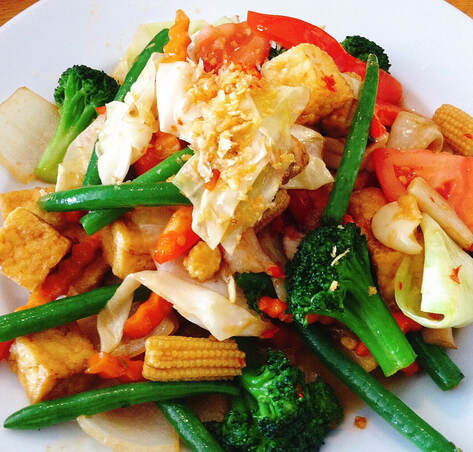
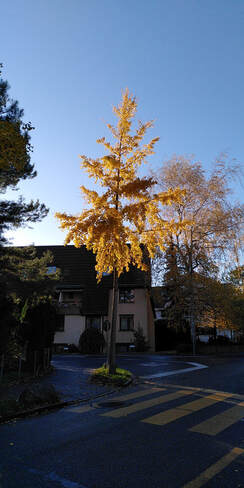
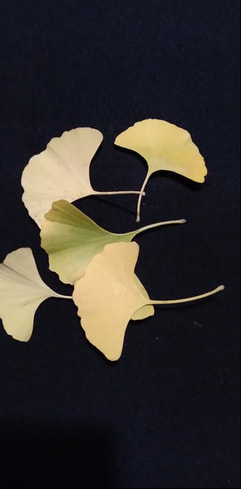
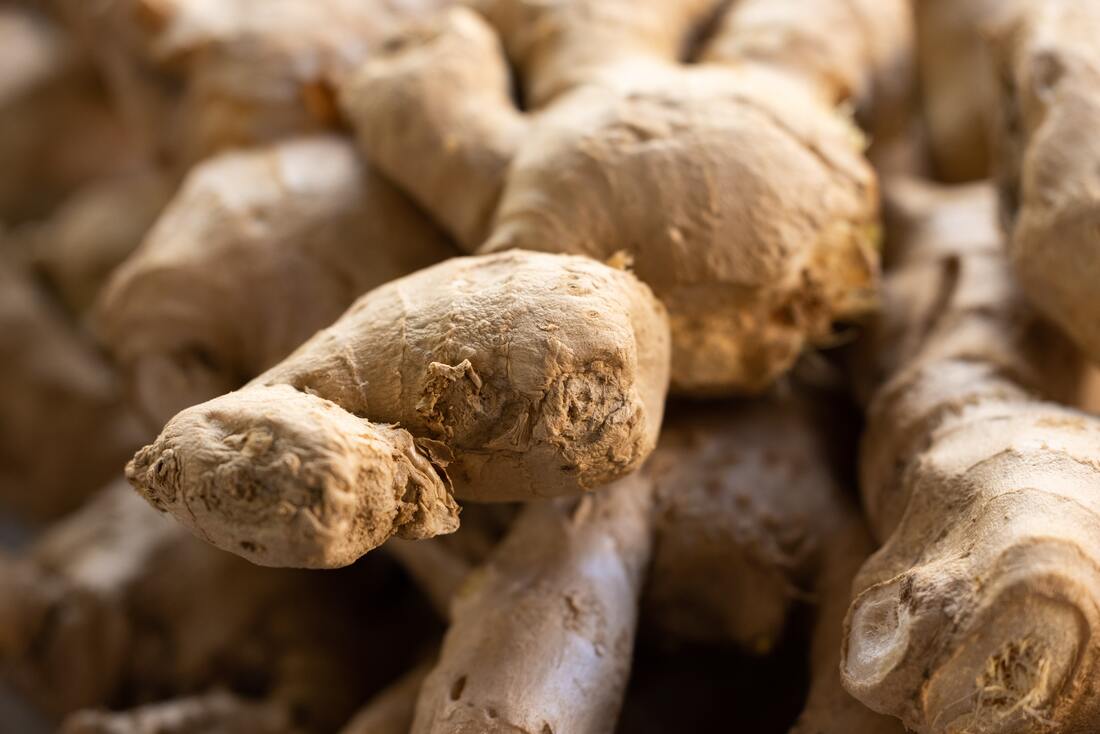
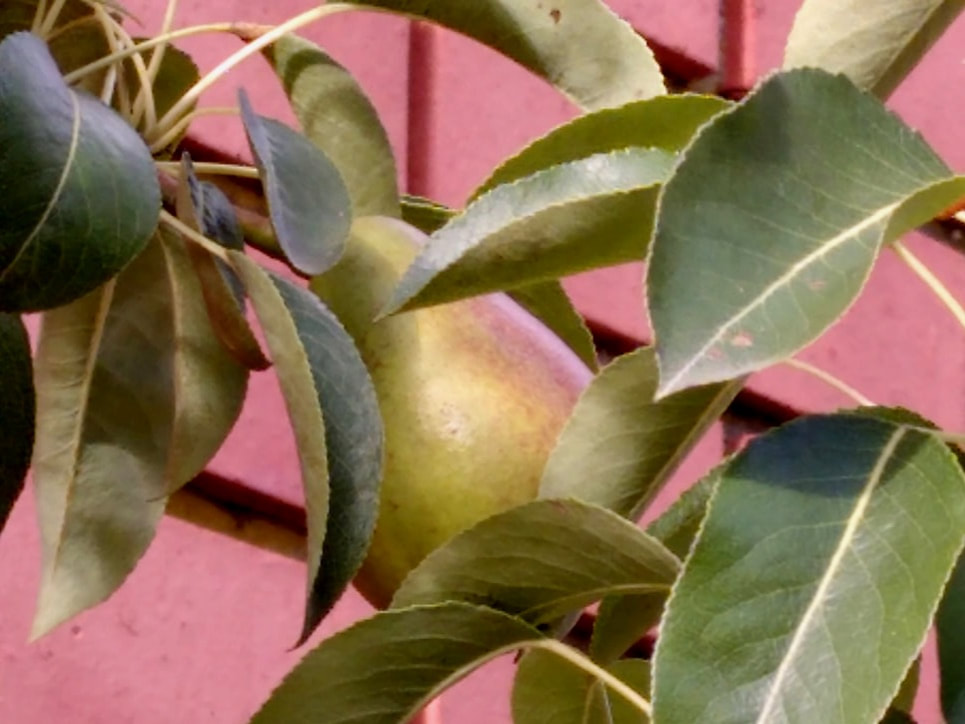
 RSS Feed
RSS Feed